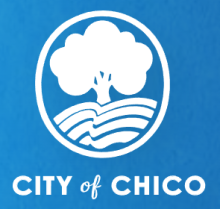Altamaha EMC Brings Fiber to The Farmlands of Rural Georgia
Known for decades as the "Sweet Onion Capital of the World," tourists are still drawn to the rural farmlands of Toombs County in east central Georgia for the annual Vidalia Onion Festival.
But in early November 2021, officials from the member-owned electric cooperative Altamaha Electric Membership Corporation (EMC), flanked by an assortment of state and local officials, gathered at the sprawling L.G. Herndon Farms to announce the cultivation of a new venture. Through its newly created subsidiary Altamaha Fiber, the 86-year-old cooperative recently started construction of a fiber-to-the-home network to serve its 14,000 members who live in Toombs County and in the six neighboring counties (Emanuel, Johnson, Laurens, Montgomery, Tattnall, and Treutlen).
A 5,000-acre spread where they grow Vidalia onions, greens, soybeans, and corn (with over 1,600 cattle and a trucking company on the property), L.G. Herndon Farms was chosen as the site to make the announcement because the farm also happened to be the first business test customer for Altamaha Fiber.
Fiber-to-this-farm will allow for precision agriculture. And, as reported by The Advance, Phil Proctor, the engineer overseeing network construction, noted an added benefit, especially in an area that prizes college football in the ACC: “The lines coming into this building would allow owner Bo Herndon to live stream the Georgia Tech vs. Virginia Tech football game in vivid 4k resolution.”
Beyond the Herndon farm, Georgia Public Service Commissioner Jason Shaw spoke of the far ranging benefits of broadband for the region:




